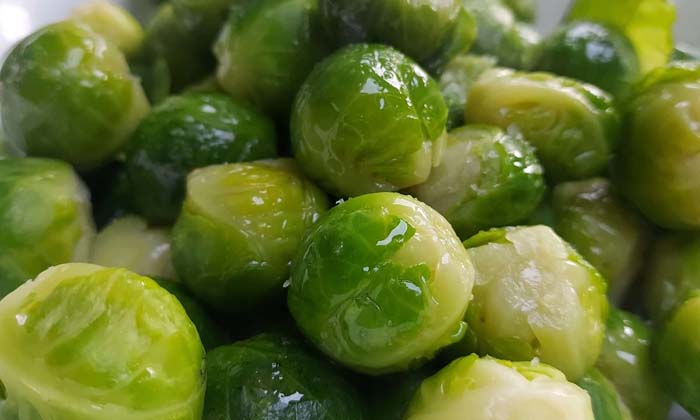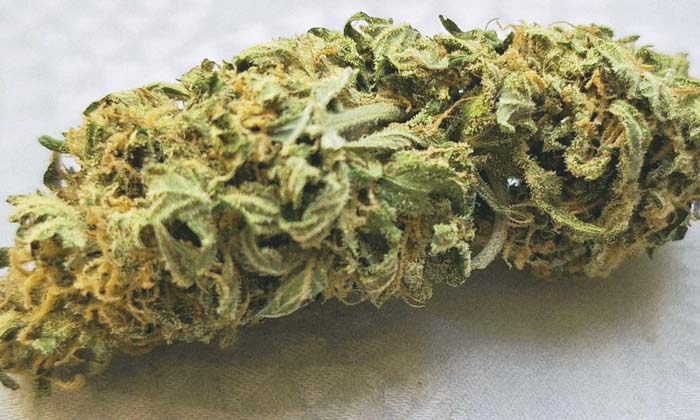The History of the Sprout
Much maligned, but wrongly so, the humble Brussels Sprout is one of the healthiest vegetables you can put on your dinner plate. Many people only serve them at Christmas but read on to find out why this delicious little vegetable should be eaten all year round.
In the 13th Century Brussels Sprouts were cultivated near the town of Brussels, Belgium, this is where they are named after. They are widely grown in Northern Europe and thrive in colder climates; they are said to be sweeter after a frost.
Sprouts are not just for Christmas
Britain first got their teeth into them in the Victorian Era, and this was around the same time that The Roast Dinner grew in popularity, which is why they have been stereotyped as a traditional Christmas dish. However, personally, I prefer them with saucy meals such as curry as a side dish. Or, popped into a soup in the last 10 minutes of cooking time.
Simply the Best!
They are part of the Brassica cabbage family and related to Kale, Broccoli, Cabbage, Greens and are collectively known as cruciferous vegetables. This family of vegetables are so healthy for you on many levels, and it is imperative that you include them in your daily diet.
The Brassicas are packed full of essential nutrients that your body cannot do without. Fibre, Vitamins, Minerals, Antioxidants you name it they are there in big quantities. If you are not including these vegetables in your daily intake you are most certainly missing out on essential goodness, not to mention delicious dishes.
The Main Health Benefits
What is so good about them, I hear you ask? Well, this tiny cute mini cabbage has more vitamin C than an orange! They are low in calories but very high in nutrients. Packed with Folate, Manganese, Fibre, and Vitamins A, K and C. They are also high in Antioxidants, the most important element being Kaempferol, which studies have shown can decrease inflammation, reduce cancer growth and promote heart health.
Quick Guide to Goodness
- FOLATE – aids red blood cell production & healthy cell growth.
- MANGANESE – supports your metabolism and aids bone health.
- FIBRE – Supports digestion and gut health.
- VITAMIN A – Helps your body fight illness and infection
- VITAMIN C – Supports immune system and absorption of Iron
- VITAMIN K – Promotes good bone health, prevents against Osteoporosis.
Brussels Sprouts Lowers Blood Sugar
Medical studies have shown that a regular diet rich in cruciferous vegetables can assist with the lowering of blood sugars. This in turn can reduce the risk of developing diabetes. Eating a good, regular portion of Brussels Sprouts will also reduce your risk of chronic diseases due to being high in antioxidants, these protect your cells against toxic free radicals that play a role in the development of many cancers and heart disease.
The Best way to cook Brussels Sprouts
The quickest and easiest way to cook a hot delicious plate of Sprouts is to simply steam them for a few minutes. Make sure that you do not overcook them as that will result in a smelly green pile of sludge, memories of bad Christmas dinners of past come to mind.
You only need a few minutes of steaming, just enough so they maintain their bright green colour and so you can prick them with a fork with a little resistance. Then season with salt and black pepper and drizzle with a good quality Extra Virgin Olive Oil.
Other ways to enjoy them include stir-frying, lightly roasting with garlic and walnut oil or combining them with some pancetta or bacon. Ordinarily, I would recommend to avoid boiling them as they overcook very quickly.
However, lately over the winter my family and I have been enjoying hearty soups and I threw in a bunch of Sprouts at the end of the cooking process, and they were delicious! They provide a nutty punch to the overall flavour and I was happy in the knowledge that the family had eaten lots of nutritious veg!





